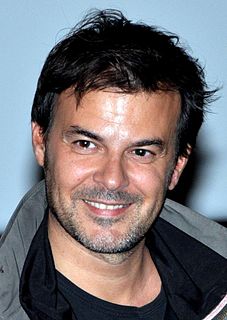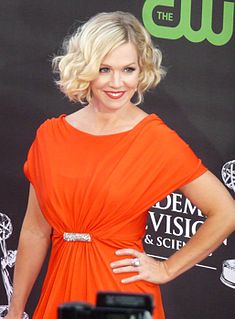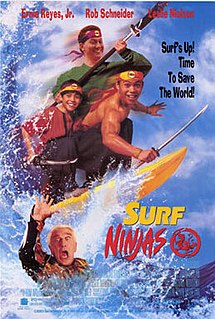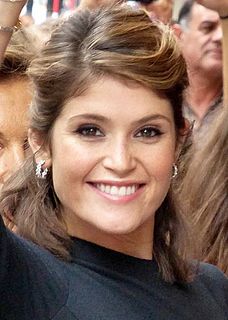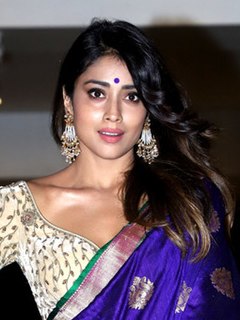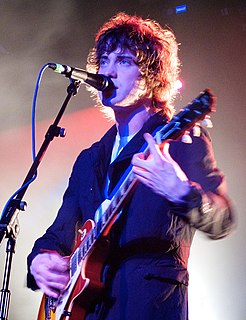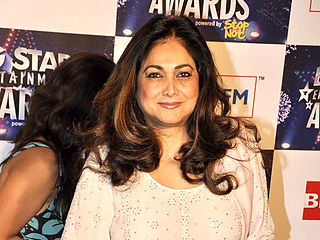A Quote by Robert Adams
There is always a subjective aspect in landscape art, something in the picture that tells us as much about who is behind the camera as about what is in front of it.
Related Quotes
We have African-Americans and black people getting behind the scenes more and more, we get true black images in television and film...because we have black people behind them. They can tell stories from those points of view and bring to life those characters who have yet to be shown. As long as we have people behind the camera just as much as in front of the camera doing the work, then we'll always be good.
My preference will always be theatre because it's where my heart lies and it's what I started with and eventually I want to direct it. It's where my real interest is. But I just love trying out new stuff. Acting for me isn't just for me about being in front of a camera ... it's so much more than that. It's always about telling a story and there are so many ways of doing that, so I'll always want to try something else.
I don't think it's necessary to worry too much about being authentic. I think a picture taken on an iPhone and then filtered through something to make it look like it was taken on a Super 8 camera can be just as authentic as something taken on a Super 8 camera, if it's capturing something real or beautiful.




